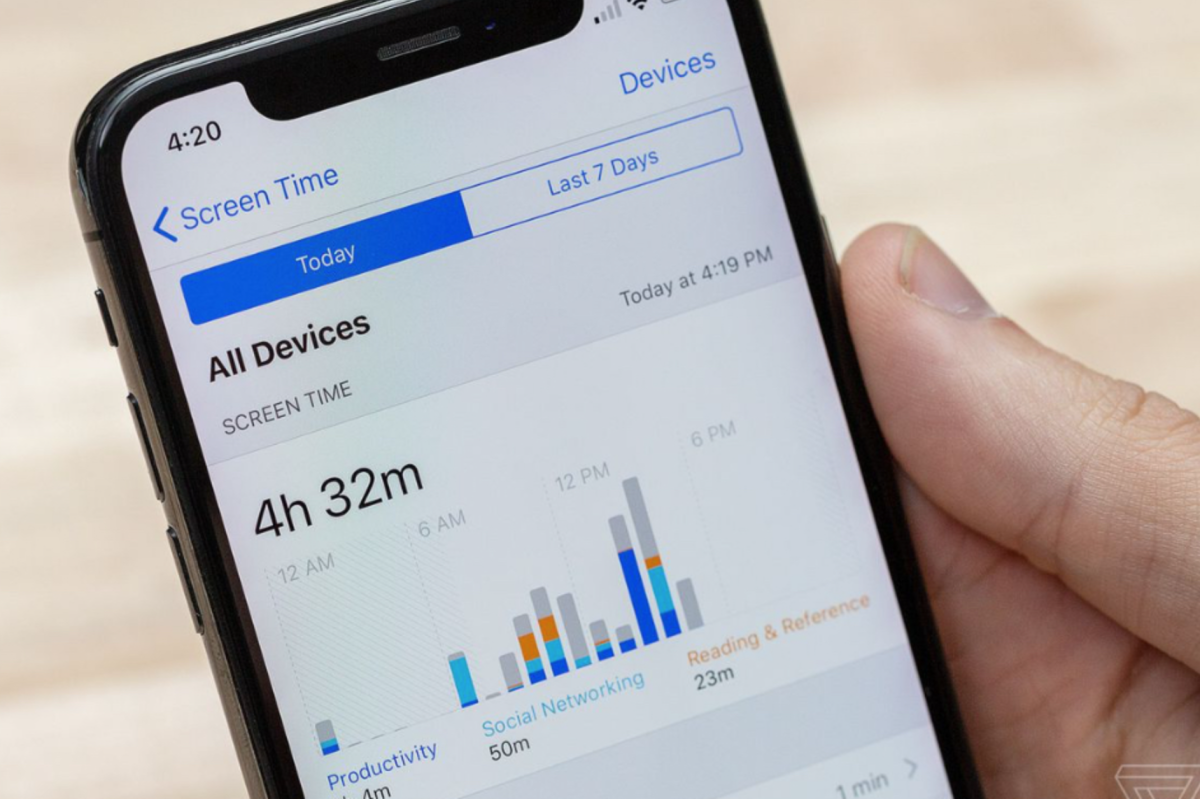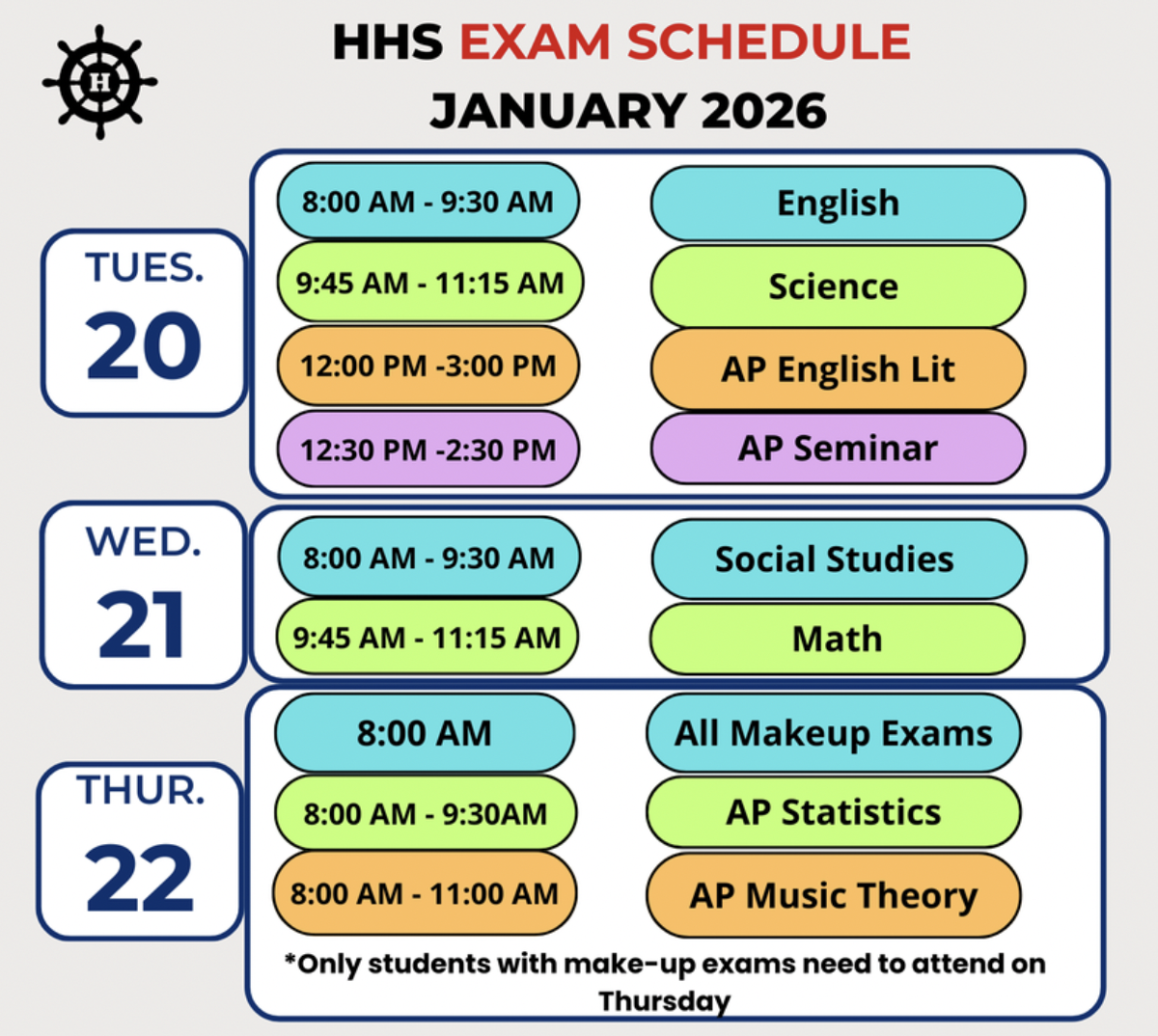Would humankind be better off without screens? Especially over the past few years, society has continually normalized an addiction to the fathomless realm of the internet. Rapt in an intertwined web of photos, videos, and comments, time appears to vanish, usually wasted on an unproductive and discouraging span of seconds, minutes, and hours. While conversely, the benefits of screen time for learning and communication between friends and family propose a difficult question to answer. Do the advantages of screens outweigh the disadvantages?
From an academic point of view, the internet allows students to learn more efficiently due to the endless information accessible from a single search. However, many students would prefer to balance the handwritten vs. typed work because excessively staring at screens during the school day and after for homework can be mentally draining. After a few hours, the words on the screen can start to blur, and ceaseless eye strain leads to ocular damage along with continuous headaches, which prevent students from focusing on retaining information. Additionally, writing rather than typing also allows students to retain more information because the slower process of writing forces the brain to digest the knowledge and process it in a way which creates more vivid memories of the material. Sophomore Emmy Oppedisano expressed, “I have really mixed feelings about screen time. I think it’s great that we have access to so much information and can contact people super easily, but at the same time I think that we rely too much on our devices and it’s causing us to miss out on parts of real life.” Constantly consumed by others’ lives and experiences, addicting apps, and characters on screens, people can begin to forget reality. They begin to live vicariously through others while not really living at all themselves.
Further, social media allows numerous individuals to spread propaganda. While an increment of this propaganda exists for the benefit of a group of people, a program, or product, a majority of it spreads false messages about various events and people. This propaganda leads to online arguments which escalate exponentially in a matter of seconds, and many individuals contribute comments which they may regret later. Continually, many students spend enormous amounts of time scrolling through the never ending line of posts from their favorite influencers, celebrities, and friends. Almost always, these posts highlight the best moments of individuals’ lives, ultimately forcing many teens to enter the mind-trapping nature of comparison. Unfortunately, comparison leads to feelings of insecurity and inferiority in many teens and other individuals, influencing mental health negatively through gradually engendering self deprecation and degradation. Sophomore Gabby Ferrara described, “While I think social media makes it easy to communicate with friends, it is a major distraction for many teenagers specifically. Social media is full of false information and fake photos which can be upsetting sometimes.” Clearly, social media creates a curated and false reality which eliminates a sense of humanity in the thousands of posts that contradict the truth that no one’s life is entirely perfect.
In reality, the effect screens have on an individual’s life depends on the extent to which they abuse the boundless flow of information at the touch of their fingers. Screen time can be beneficial if used responsibly, but if continually used exorbitantly and for unproductive endeavors, screens can become inimical to an individual’s physical and mental health.

































